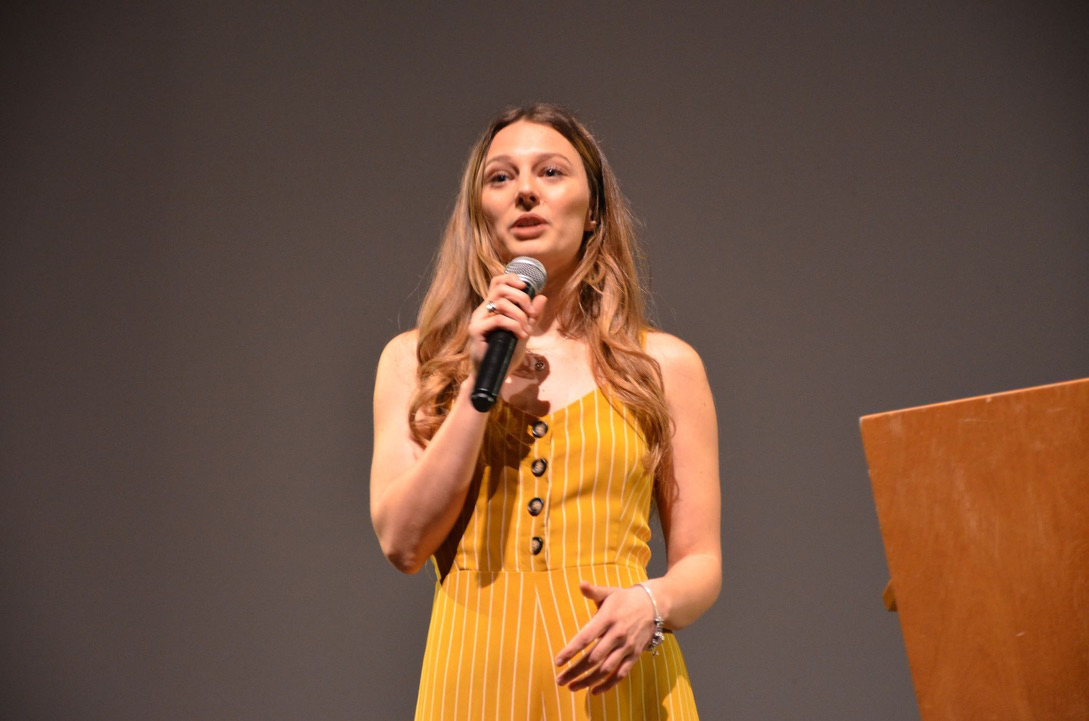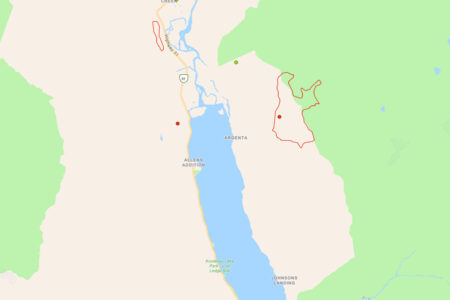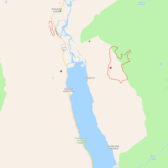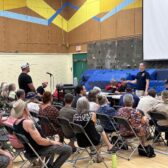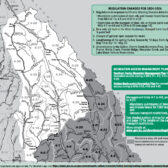Daily Dose — Endometriosis survivor on mission to educate public about this misunderstood disease
Nelson’s Emma Weiland is the President and Co-Founder of the Endo Educational Organization of Canada.
She founded this non-profit with her mother, Deborah Weiland, in 2019.
The organization was recently featured as the organization of the month at the Kootenay Koop, bringing in donations for the cause.
“That was really neat,” says Weiland, “We’ve had really positive response locally.”
The organization focusses on advocacy, awareness and accessibility around endometriosis in Canada and internationally.
Endometriosis is a systemic inflammatory disease that affects one in ten individuals assigned female at birth, in which tissue similar to but not the same as uterine lining, grows outside the uterus causing severe pain and fertility issues. It can be fatal.
Weiland works to counter the common misconception that endometriosis is a disease of the uterus, as endometriosis is found elsewhere in the body.
Weiland was motivated to start the organization after her own struggles with the disease. She first experienced endometriosis symptoms at age 12, but wasn’t diagnosed until 18.
“My first surgery was in grade eleven. My teachers had no idea what was going on. They were trying to help me as much as they could to get me through my exams and my tests. My mom was advocating for me, asking my teachers to understand,” says Weiland.
Although Weiland’s symptoms were textbook endometriosis, she now knows, it wasn’t until she was extremely ill after graduation that she was finally diagnosed. For years her doctor would offer medications for period pain, or referrals to a variety of non-endometriosis specialists or advice about dietary changes.
“Then I started having more systemic issues. I would end up having to have surgery,” says Weiland.
After her second surgery in Canada, she was still very sick because not all the endometriosis was removed from her body. She ended up on a very long surgery waitlist for the BC Women’s Hospital in Vancouver. While on this waitlist, she declined rapidly.
“I was palliative on a morphine drip, I couldn’t move. I couldn’t use the washroom by myself, I couldn’t walk by myself. The disease had completely taken over,” says Weiland.
She was in excruciating physical and mental pain, and had lost the will to live.
This was the moment her parents took action to save her life. In Canada there are limited types of treatment available to endometriosis patients, on top of the challenge of massive waitlists.
“My parents started doing research because they could tell they were going to lose me. They found out that it’s quite common for people to travel for care, for a very thorough or quality excision surgery, which is the type of technique that’s needed to take the endometriosis out by its root,” says Weiland.
Weiland travelled to Atlanta, Georgia for surgery, which was a positive experience, as they were able to remove all the endometriosis tissue from her body.
One of the reasons it took so long to treat her endometriosis was because only her reproductive organs were being treated however, the disease was present on her bladder, bowels, and appendix, something that wasn’t recognized until she went to the US.
She has learned so much through this painful experience.
“It’s been quite the journey,” says Weiland. “I reflected on what I had been through and the massive gaps in educational information from schools to doctors in the emergency room, and I just felt passionate. I needed to try to do something to help other people.”
Troubling to Weiland, she hears from many patients that doctors are still recommending getting pregnant or removing the uterus, two solutions that are problematic because endometriosis occurs outside of the uterus so hysterectomy or childbirth would not resolve anything.
While it’s still difficult to share about what she went through, Weiland knows her message has much more power when accompanied by her story. She knows some people who have had six plus surgeries at specialized clinics and are still struggling. Many patients, like her, are leaving the country for care if they can afford it.
“We’re simply not set up as a country to treat this disease,” says Weiland.
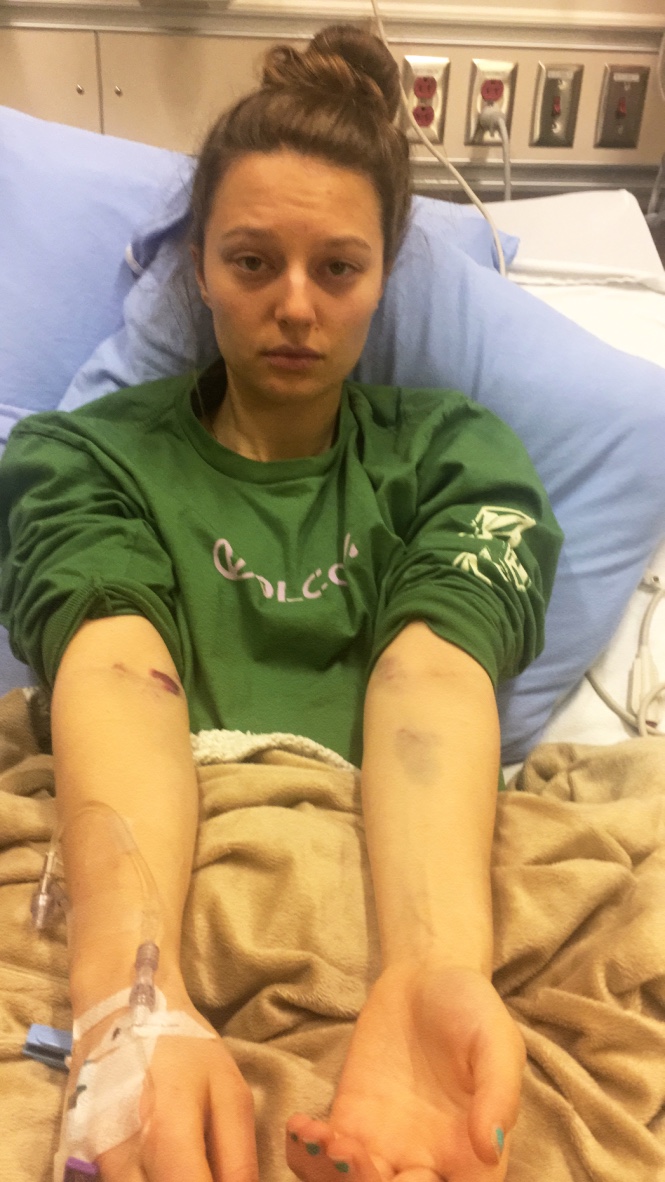
Emma Weiland was motivated to start the organization after her own struggles with the disease. She said seven to ten years is the average for diagnosis, for endometriosis, which is unacceptable.
Part of the issue, explains Weiland, is that, in Canada, doctors are not allowed to specialize in endometriosis.
“Our gynecologists who are delivering babies are the same people doing specialized endometriosis surgeries. We need to really look at the way we’re training our gynecologists and make endometriosis a specialty in gynecology.”
She also thinks more could be done on a government level to support needed changes.
“At the federal and provincial levels, we need to mandate more regulations around the hoops that [patients] walk through to get the care they need.”
Weiland and her mother will continue to grow their online website platform, hoping to reach more through education and advocacy.
People suffering from endometrioses can get unbiased, research-based information from a patient perspective, thanks to the Weilands’ website, Endo Canada. And people navigating the medical system, can find support.
Endo Canada hosted a virtual educational seminar called Education for the Nation in 2021 wherein they featured globally renowned surgeons offering information for patients.
They are also starting a School Outreach Project, to teach younger audiences about endometriosis about how to navigate this tricky and greatly misunderstood disease.
“We can start at the high school level by providing teenagers with language so they can understand what symptoms they’re experiencing and they can talk to their doctor sooner,” says Weiland.
She encourages people to reach out to teachers and school districts at the high school level. Endo Canada has an education package that they offer to educators to better support students with symptoms or endometriosis diagnosis.
Today, Weiland volunteers her time at the organization doing advocacy and education and works part time at her partner’s automotive shop doing reception. She experiences other chronic pain from being in a car accident as a child. Her endometriosis symptoms, which at one point kept her bedridden for all but five days of a month, are completely gone.
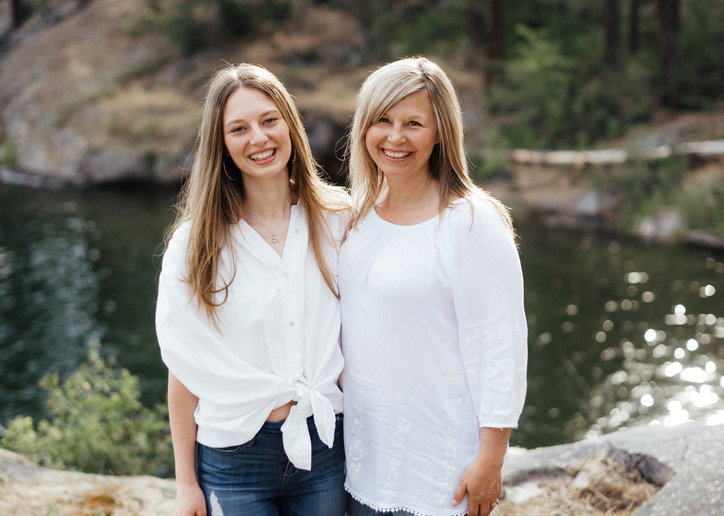
Emma Weiland, and mother Deborah, founded this non-profit in 2019.



